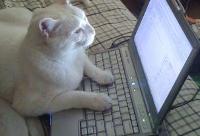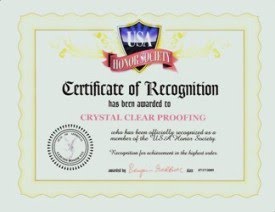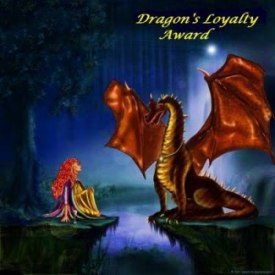Have a Wonderful Turkey Day!

Hugs,
♥ Crystal ♥
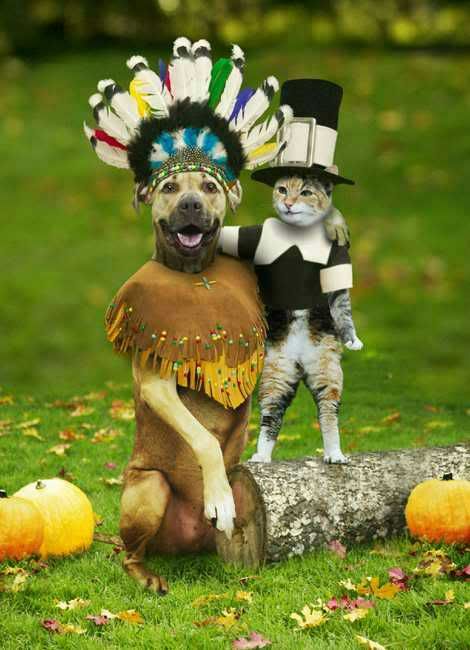
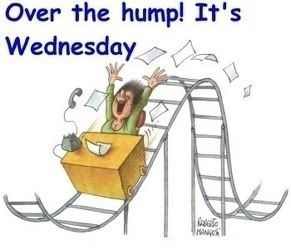


Increase your vocabulary with not-very-common and/or not-frequently-used words.


Spacing After Periods
Originally, typewriters had monospaced fonts, so two spaces after ending punctuation marks such as the period were used to make the text more legible. However, most computer fonts present no difficulty with proportion or legibility, so use just one space after a period, colon, question mark, or exclamation point at the end of a sentence. You will not be struck by lightning, I promise!Quotation Marks and Punctuation
In Grandma’s day, a period used with quotation marks followed logic: Example: Myrtle said the word “darn”. The period went outside the quote because only the last word was in quotation marks, not the entire sentence. Example: Myrtle said, “I would never say that.” The period went inside the quotation mark because the entire sentence is a quote.
Today, in American English usage, the period always goes inside the quotation mark.
Example: Myrtle said the word “darn.”
This does not follow prior grammatical logic, but...things DO change!
Source: Grammarbook



